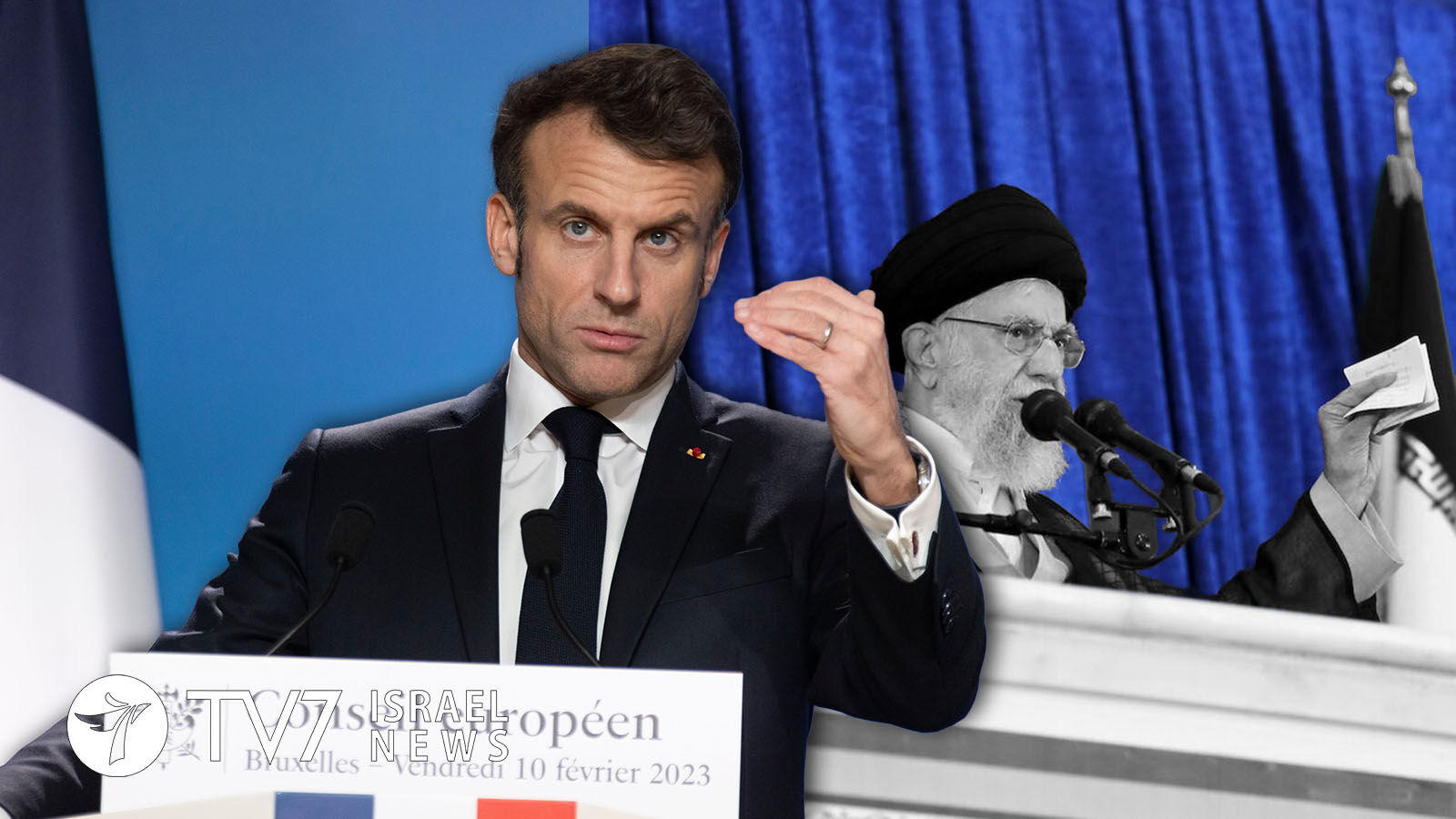Two consecutive rallies have been held in Paris by thousands of people opposed to Iran’s ruling authorities.
By Erin Viner
The National Council of Resistance of Iran (NCRI) organized a major demonstration in the French capital on Sunday, just one day after a similar event by European-based Iranians. The rallies were focused on the Islamic Revolutionary Guards Corps (IRGC) role in cracking down on domestic protesters – including carrying out executions, as well as its activities outside Iran.
Widespread mass anti-government demonstrations erupted in Iran after the 16 September 2022 death of Mahsa Amini in custody following her arrest for attire deemed insufficiently Islamic. The public fury persists despite ultimatums issued by IRGC, which has crushed dissent in the past with the support of its religious volunteer Basij militia.
“The IRGC must be added to the list of designated terrorist organizations by the European Union (EU),” NCRI President-Elect Maryam Rajavi proclaimed, underscoring, “The valiant youth have the right to defend themselves against the IRGC, covert agents, and the barrage of bullets that pierce their eyes, heads, and hearts.”
Protestor Ela Zabihi, a university lecturer in London, said, “This will be a revolution… The youth know there is no future under this regime. They say they are better off dying in the streets than living in this country with this regime.”
The IRGC was established shortly after the 1979 Islamic Revolution to protect the Shi’ite clerical ruling system; currently estimated to consist of 125,000-strong military with army, navy and air units. The Guards have great sway in the country – controlling swathes of the economy and armed forces, and in charge of Iran’s ballistic missile and nuclear programs.
The EU has become increasingly critical of Iran in recent months over its brutal suppression of anti-government protests, detention of foreign nationals and transfer of armed “suicide drones” to Russia to help it in its war against Ukraine, against the backdrop of dimming chances to revive the 2015 Joint Comprehensive Plan of Action.
While some EU member states and the European Parliament (EP) have pushed for the IRGC to be designated as a terrorist entity, others have been more cautious fearing that it could lead to a complete severing of ties that could further damage chances of reviving nuclear talks or securing the release of EU citizens imprisoned in the Islamic Republic.
Blacklisting the IRGC would mean that it would become a criminal offense to belong to the group, attend its meetings or display its logo in public.
Tehran has long called for a crackdown on the NCRI in Paris, Riyadh and Washington. It is regularly criticized in state media. The main component of the group is the People’s Mujahideen Organization of Iran (also known by its Persian name Mujahideen-e-Khalq) that the EU and the United States had been deemed to be terrorist by prior to 2012.
